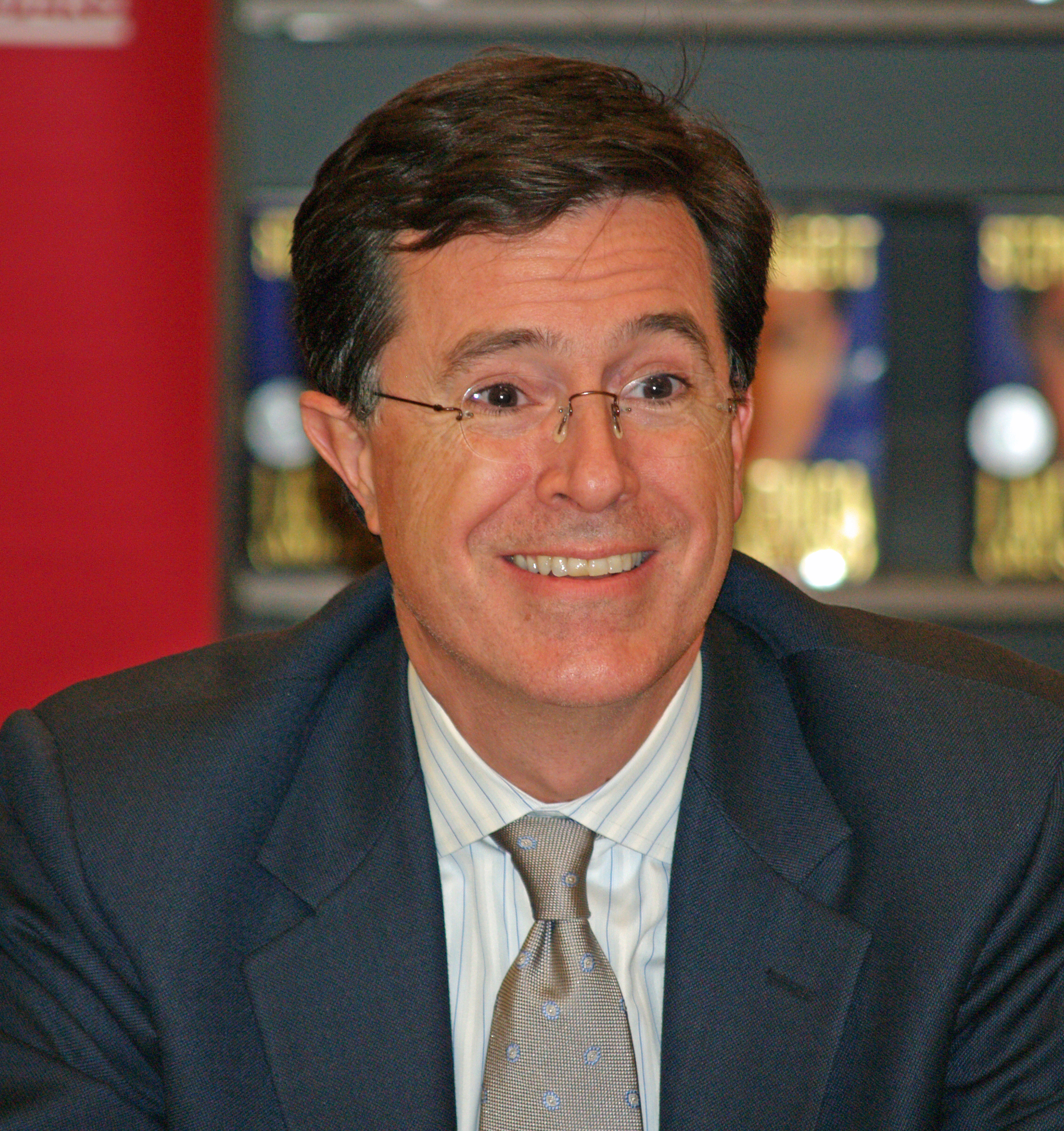 Stephen Colbert and the FEC squared off today in Washington over the fake news anchor’s SuperPAC request. Colbert testified today in an FEC hearing in which he sought a media exemption so he can form his own Super political action committee. The Comedy Central host has been making fun of campaign finance laws for months and today was the moment of truth for the comedian. Colbert has brought attention to the controversial campaign finance laws and has been largely seen as showing how absurd the laws surrounding a SuperPAC can be.
Stephen Colbert and the FEC squared off today in Washington over the fake news anchor’s SuperPAC request. Colbert testified today in an FEC hearing in which he sought a media exemption so he can form his own Super political action committee. The Comedy Central host has been making fun of campaign finance laws for months and today was the moment of truth for the comedian. Colbert has brought attention to the controversial campaign finance laws and has been largely seen as showing how absurd the laws surrounding a SuperPAC can be.
Public Citizen’s Congress Watch (our colleagues in DC) sent a letter to the FEC urging them to deny Stephen Colbert’s request for a media exemption. Public Citizen’s own Craig Holman said that “This would carve out a gaping loophole in campaign finance laws, allowing any company involved in media to foot, in secret and without limit, the electioneering expenses of political committees. If the press exemption were to be so dangerously expanded by the FEC, the next request will be for media companies to directly finance unlimited candidate campaigns under the press exemption – an abuse that is already being advocated in some quarters.” What does that mean? Well, it means if Viacom resources can be used to produce ads for ColbertPAC, then Fox could possibly produce ads for their contributors, such as Karl Rove and his SuperPAC, CrossroadsGPS. It would be a terrible slippery slope and stretch our campaign finance laws to the breaking point.
The members of the FEC appeared to take notice of Public Citizen’s request, voting in favor of allowing Stephen Colbert to have a SuperPAC, but with the narrow media exemption we advocated. In a vote of 5-1, the FEC approved a modified version of the Colbert Advisory Opinion request that is fairly narrow and consistent with the current press exemption.
The FEC today has made a good decision in the minds of advocates for campaign finance reform. They have drawn a line in the sand between media companies and political action committees. They have also not been hypocritical in their decisions, and thus have allowed for a comedian to create a SuperPAC (much like the ones Karl Rove and Sarah Palin have created), who may as well be comedians because their campaign finance activities make us laugh because without laughing we’d cry. With the Supreme Court’s recent controversial ruling on public financing of elections, it’s nice to have some comic relief in the twisted world that is campaign finance.
Thanks to our friends at CREW who posted this video on their blog:
Colbert makes some good points here, but also does what we think is really necessary: by “kidding on the square“, he’s using humor to point out exactly how ridiculous our campaign finance laws are. Because when he starts running his ads, people will notice. And hopefully they’ll realize the real jokes are not Colbert, but the other superPACs out there.
Colbert put it best: “Some of you have cynically asked “Is this some kind of joke?” I, for one, don’t think participating in democracy is a joke… that wanting to know what the rules are is a joke. But I do have one federal election law joke.
Knock Knock
(who’s there)
Unlimited union and corporate campaign contributions.
(Unlimited union and corporate campaign contributions who?)
That’s the thing, I don’t think I should have to tell you.”
The joke is serious. Colbert is right. The Supreme Court with Citizens United have created the most absurd unintended consequences ever. We need real campaign finance reform, but we hope Colbert’s laughs will bring others to the cause.



